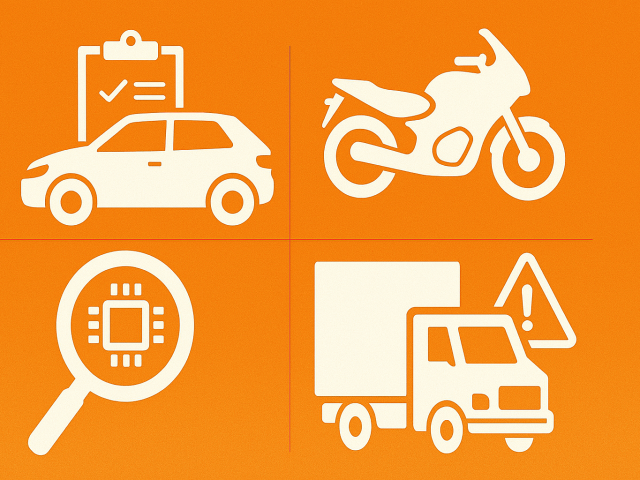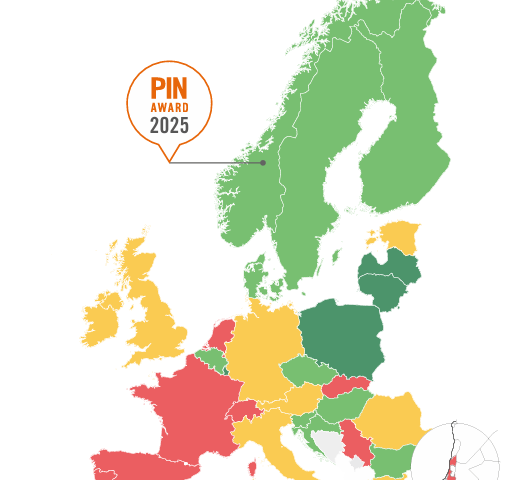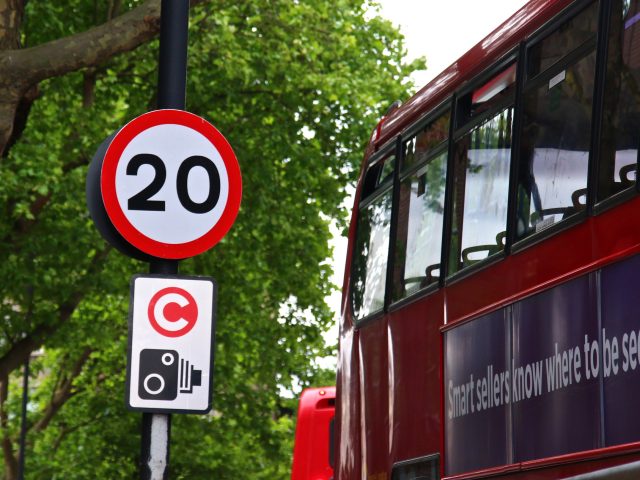Governments urged to step up fight against drug driving
Increased levels of enforcement, specialist rehabilitation programmes and more investment in research and data collection are needed to tackle drug driving in Europe according to the European Transport Safety Council (ETSC), authors of a new report.
500 people a week die on European roads; 26,000 annually. Drug driving is responsible for a significant share of deaths. Psychoactive drugs are detected in around 15% of killed and seriously injured drivers. Between 3 and 16% of drivers say they have driven under the influence of drugs within the last 12 months. The EU average is 11%.
The effects of different psychoactive drugs are complex and varied. However the overwhelming majority have the same net effect, which is a decrease in the quality of mental and physiological effort dedicated to the driving task, which sees a decrease in performance and an increase in the risk of involvement in a collision.
ETSC says that enforcement, including roadside screening and post-collision forensic testing needs to be stepped up. The primary deterrent factor against drug driving is perceived risk of detection but only 11% of drivers think that on a typical journey there is a big or very big probability of facing a police drugs test.
Specialist rehabilitation programmes for convicted drug drivers reduce recidivism, but more work needs to be done to ensure that the schemes match the effectiveness of the best drink driving rehabilitation programmes. Drug driving programmes should be regulated and common standards introduced.
Research into the effects of psychoactive drugs on driving must continue, the last major European study ended in 2012. But drug usage is changing and new drugs, sometimes known as ‘legal highs’ are appearing on the market.
Education and campaigns, designed to reach target groups, particularly young males, must be expanded.
Commenting on the report, Antonio Avenoso, Executive Director of ETSC said:
“Drug driving destroys thousands of lives every year. It’s a complex problem, but one that must nevertheless be tackled. Technology can help, but enforcement, rehabilitation and research are also vital to understanding and tackling this evolving challenge. Governments can learn from each other, and the EU also has a role to play in promoting common standards, better data collection and research.”
Download the report: http://etsc.eu/preventing-drug-driving-in-europe/







